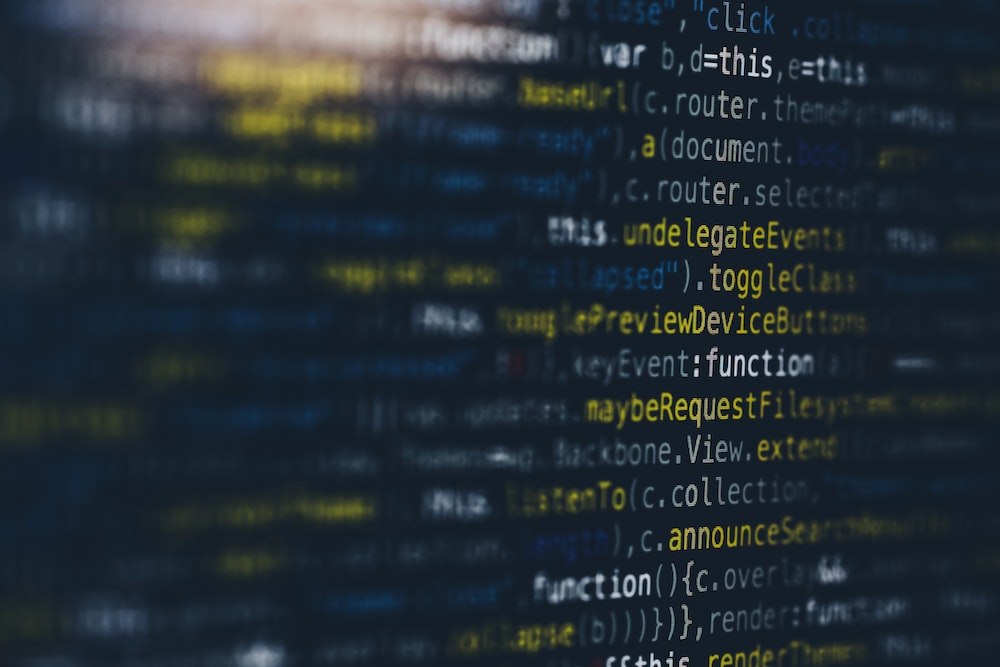Data privacy has become a crucial issue for individuals, businesses, and governments in our increasingly digital world. Protecting personal information has become more important with the vast amounts of data generated by our online activities. In this article, we will discuss why data privacy is important, what the risks are when personal information is not protected, and what steps individuals and organizations can take to safeguard data privacy.
What is Data Privacy?
This refers to the ability of individuals to control their personal information and to decide how and when it is shared with others. This includes sensitive data such as social security numbers, financial information, medical records, and other personal data that can be used to recognise a person. Protecting data privacy means ensuring this information is kept secure and that authorized parties only access it.
Why is Data Privacy Important?
Data privacy is important for several reasons. Firstly, protecting personal information is essential for maintaining individual privacy and security. When personal data is exposed or stolen, it can be used for identity theft, financial theft or fraud, or other malicious purposes. In addition to the potential financial losses, having personal information stolen can have significant emotional and psychological impacts on individuals.
Secondly, It is important for maintaining trust between businesses and their customers. Consumers are more likely to carry out business with companies with a strong reputation for protecting their customers’ personal information. When data breaches occur, businesses can suffer significant reputational damage and lose the trust of their customers.
Thirdly, data privacy is important for protecting intellectual property and trade secrets. Businesses and organizations rely on the confidentiality of their data to maintain a competitive advantage. When this data is exposed or stolen, it can seriously affect the organization and its stakeholders.
What are the Risks of Data Breaches?
When personal information is not protected, there are several risks that individuals and organizations may face. These risks include:
Identity theft: When personal information is stolen, it can be used to open fraudulent credit accounts, apply for loans or government benefits, and engage in other activities that can have a significant impact on an individual’s financial well-being.
Financial fraud: Personal information can be used to make unauthorized purchases, withdraw money from bank accounts, and engage in other fraudulent activities that can result in financial losses.
Reputational damage: When personal information is exposed or stolen, it can significantly impact an individual’s or organization’s reputation. This can lead to a loss of trust from customers and stakeholders and can have long-term consequences for the affected parties.
Regulatory fines: In many jurisdictions, businesses and organizations are legally required to protect personal information. Regulatory fines can be levied against the organization when data breaches occur, resulting in significant financial penalties.
What Can Individuals Do to Protect Data Privacy?
There are many things that individuals can do to protect their personal information and maintain data privacy. These include:
Using strong passwords: Creating strong, unique passwords for online accounts can help to prevent unauthorized access to personal information. It is also important to use two-factor authentication whenever possible.
Being careful with personal information: Individuals should be cautious when sharing personal information online, especially on social media platforms. It is also important to be vary of unsolicited emails or phone calls that ask for personal information.
Keeping software up to date: Keeping software up to date can help to protect against known vulnerabilities that hackers can exploit.
Using encryption: When sending sensitive information online, it is important to use encryption to protect against interception by unauthorized parties.
What Can Organizations Do to Protect Data Privacy?
Organizations have a responsibility to protect the personal information of their customers and stakeholders. There are some steps that organizations can take to maintain data privacy, including:
Implementing strong security measures can include firewalls, intrusion detection systems, and encryption technologies to protect data from unauthorized access.
Training employees: Employees should be trained on data privacy best practices, including how to identify and respond to potential security threats.
Conducting regular security assessments: Organizations should regularly assess their security measures to identify and address potential vulnerabilities.
Complying with data privacy regulations: Organizations should comply with all applicable data privacy regulations in their jurisdiction.
Also Read: The Benefits of IoT Analytics: Leveraging IT Services for Data Insights 





